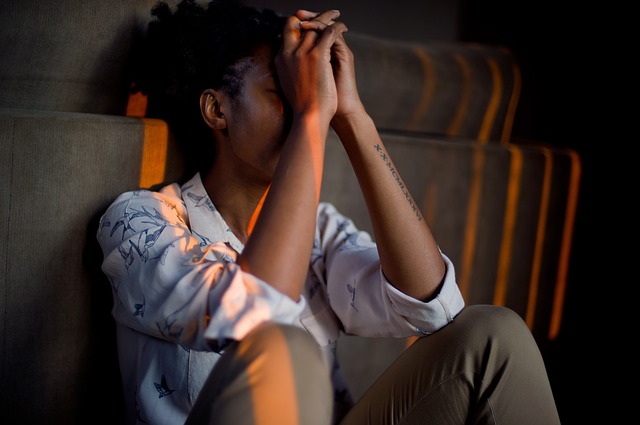Stresses related to the COVID-19 pandemic affected women’s ovulation, researchers have found. The “experiment of nature” reportedly demonstrated how stressors can affect women’s fertility.
The COVID-19 pandemic certainly caused major disruptions in many people’s lives. It also led many people to experience quite a lot of stress, and women certainly weren’t exempted from this.
For their study, presented at ENDO 2022 in Atlanta, Georgia, Sunday, the researchers aimed to look at whether there would be a difference in the “cycle lengths and ovulation” of two groups of menstruating women aged 19 to 35 who were not taking birth control pills.
The groups were 13 years apart, the Endocrine Society noted in a news release. The first one, Menstruation Ovulation Study (MOS), was conducted on a group of 301 women from 2006 to 2008, while MOS2 studied 112 women during the pandemic, from 2020 to 2021. MOS was considered the control group to compare with the experiences of the women in MOS2.
“We speculated ahead-of-time that women in MOS2 during the pandemic would have more ovulatory disturbances,” the researchers wrote.
Indeed, they found that only 37% of women in MOS2 ovulated normally, as compared to the 90% of the women in MOS. The remaining 63% in MOS2 had “silent ovulatory disturbances” (SOD), which was much higher than the 10% in MOS.
The women who were not ovulating normally had either short-luteal phases, or when the egg is released but doesn’t have enough time for pregnancy to actually happen, or the egg wasn’t released at all, one of the authors of the study, Jerilynn C. Prior, M.D., FRCPC of the University of British Columbia in Vancouver, Canada, explained in The Endocrine Society news release.
“Regular menstrual cycles do not always mean ovulation (egg release) had occurred; stresses can disturb ovulation,” the researchers wrote.
And when the researchers analyzed the participants’ menstrual cycle diaries, they found that those in MOS2 had “significantly increased anxiety/ depression/frustration (negative moods) and ‘outside stresses’ plus sleep problems and headaches” compared to the ones in MOS.
“This is the first evidence that ovulatory disturbances without cycle length changes may be associated with the multidimensional stresses women experience during the pandemic,” the researchers wrote.
In other words, the “epidemic” of ovulatory disturbances experienced by MOS2 may be related to their pandemic stresses, according to the researchers. SOD may also explain why many women not taking hormonal forms of birth control experienced altered periods after COVID-19 vaccination, Prior said in the news release.
“This ‘experiment of nature’ suggests that multiple, everyday life stressors can alter women’s fertility despite not changing menstrual cycle lengths,” the researchers wrote.
















